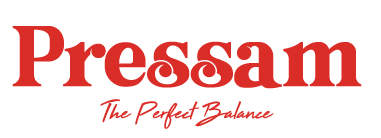“World Powers Clash: The Ongoing Conflict in Ukraine Tests New World Order Formation”
“Fact” newspaper reports that there are ongoing geopolitical movements happening in the world political arena, known as “Textonic” movements. One key example of this is the conflict in Ukraine, which is seen as a test case for the formation of a new world order. While no clear winner has emerged in the conflict, the Russian military continues to provide support. However, it is crucial to determine the conditions for ending the conflict. It is not surprising that Putin has once again provoked a military confrontation with Ukraine, rejecting the previously rejected conditions. These demands include the withdrawal of Ukrainian government from the regions of Donetsk, Lugansk, Zaporozhye, and Kherson, which are currently occupied by Russian forces. Additionally, Crimea is expected to be handed over to NATO. On the other hand, Russia has disregarded the proposals from the United States to resolve the conflict. Analysts have also observed that Russia’s military presence has increased compared to that of the United States throughout this year. Russia has successfully established a military presence in Ukraine and expanded its influence towards China and India. Meanwhile, besides international negotiations, work is actively being carried out through various blocs. The recent G7 summit in Italy, for instance, focused on discussing ongoing military conflicts, while representatives from the BRICS countries met in Moscow to discuss Israel’s actions in the gas sector and the possibility of organizing an international tender for hydrocarbon exploration. It is worth noting that the BRICS countries, which are growing economic powers, have been paying more attention to international military conflicts than the G7 countries. The organization itself is also expanding, with Egypt, Iran, the UAE, Saudi Arabia, and Europe becoming new members this year. Consequently, the expansion of the Eurasian sphere of influence is becoming inevitable. Additionally, it is surprising to witness Turkey’s Finance Minister Kilicadian announcing their intention to join BRICS during a visit to China. Despite being a member of NATO and actively involved in the Middle East, Turkey also collaborates extensively with Russia and China. This has led some analysts to suggest that Turkey may even withdraw from NATO, yet this remains unlikely at present. Regardless, Turkey’s focus is not on Eurasian integration, as they prioritize expanding their influence in the Islamic world. This is seen through Israel’s increasingly firm stance, which gains stronger footing in the Israeli-Palestinian conflict.
